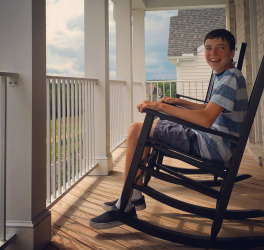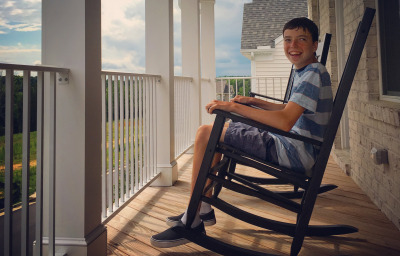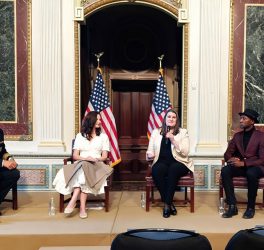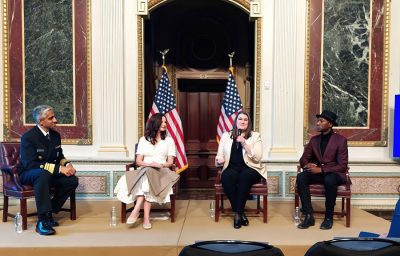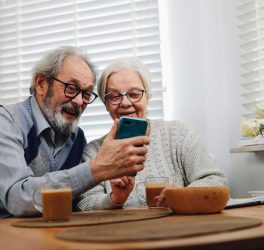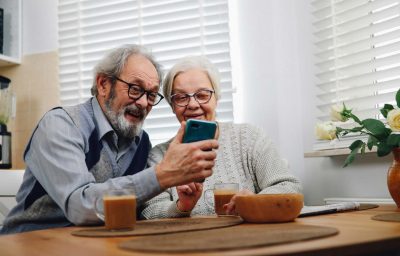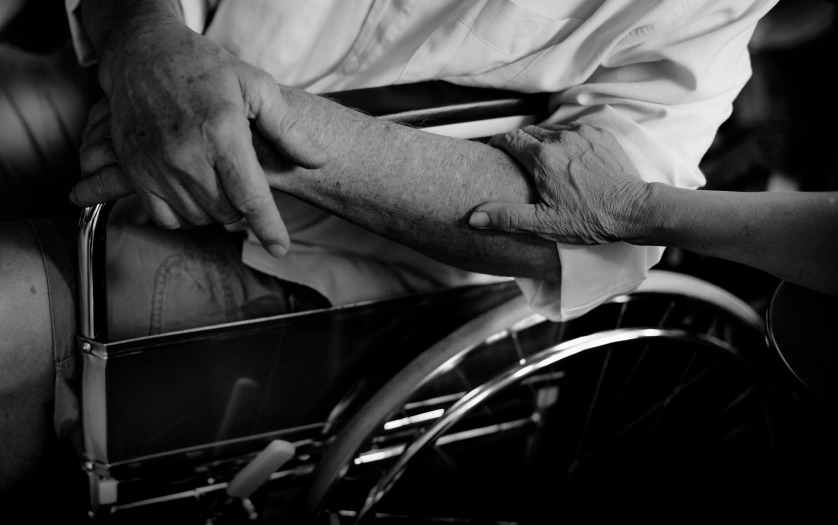
Living with a mental and motor disability has made the lives of Juanita Figueroa and Felipa Martín Cruz more vulnerable in this Covid-19 pandemic, people with disabilities like these two older women are ignored, there are no concrete actions by the state. Neither for them nor for their carers, who to avoid contagions confess have applied alternatives and measures on their own.
Juanita, 57 years old, has lived with Huntington’s disease since her birth, half her body is paralyzed, while Felipa, 80, suffers from a mental disability, both do not know of pandemics or sanitary measures and insist on carrying out their activities as before they did.
Something as basic as wearing a mask and washing Felipa’s hands is hard for her to do, and she doesn’t understand reasons for her own mental disability either, despite the fact that her niece Nancy, who is her caregiver, explains it as clearly as possible.
Nancy, Felipa’s niece, smiles when she remembers that in these four months since the health emergency began, at no time has she seen a guide or recommendations for the care of people with physical or mental disabilities, or that any health or government institution is providing them, there simply is nothing, so what it has done is manage on its own to get ahead.
What Felipa’s niece has done is to mitigate the risks and avoid hugs and receiving visits, she also uses her face mask every time she gives her food, because she clarifies that due to her mental disability she does not understand the risk.
“My aunt does not measure the risks, she does not know about the Coronavirus, much less about infections and everything, but what is a fact is that due to her age and disability in case of infection she could die, but what we have observed is that there is no information of any kind for people with disabilities, practically everything has been managed by us from our home ”
The same goes for Juanita’s family, her son Wilson and her daughter-in-law Lupita after many attempts managed to make her aware of the use of masks, but to do so they had to speak to her in her mother tongue, Zapotec.
They remember that at first Juanita was opposed to using the mask on the pretext that she was overheated, but as the months passed and after hearing the deaths of friends and acquaintances she decided to wear it, they also insisted that she consumes natural foods and drinks that provide vitamins.
They recognized that family is important in these moments of pandemic, because few older adults are attentive to the news and recommendations, so they have to do it verbally and in their indigenous language.
Alba Ramírez, social anthropologist, explains that there are indeed no mechanisms and actions that are directed for the population living with a disability, and that is not from now, but always.
She clarified that a manual for people with disabilities issued by the federal government is useless if you do not hand it toh those who truly require it.
Alba gave an example of what she recently experienced in one of the towns on the Isthmus of Tehuantepec when she tried to greet a deaf-mute person who immediately extended her hand, to which she, in distress, responded to the greeting and was able to understand that there is no message for this sector, that it is always ignored and violated, since it is not exclusive to this pandemic, but is a systematic forgetfulness in all areas of their daily life.
“There is a disadvantage, there is no information for disabled people, the pandemic came and indeed surprised us all, but the reality is that this sector continues to be ignored.”



